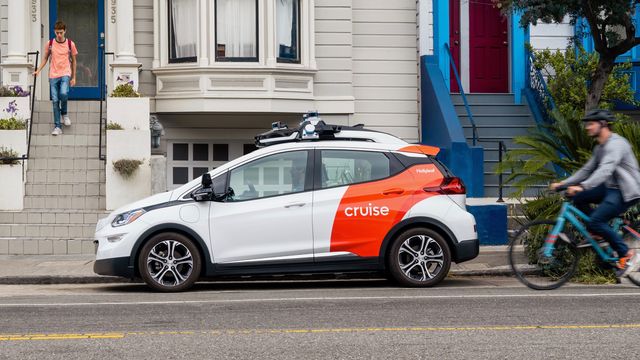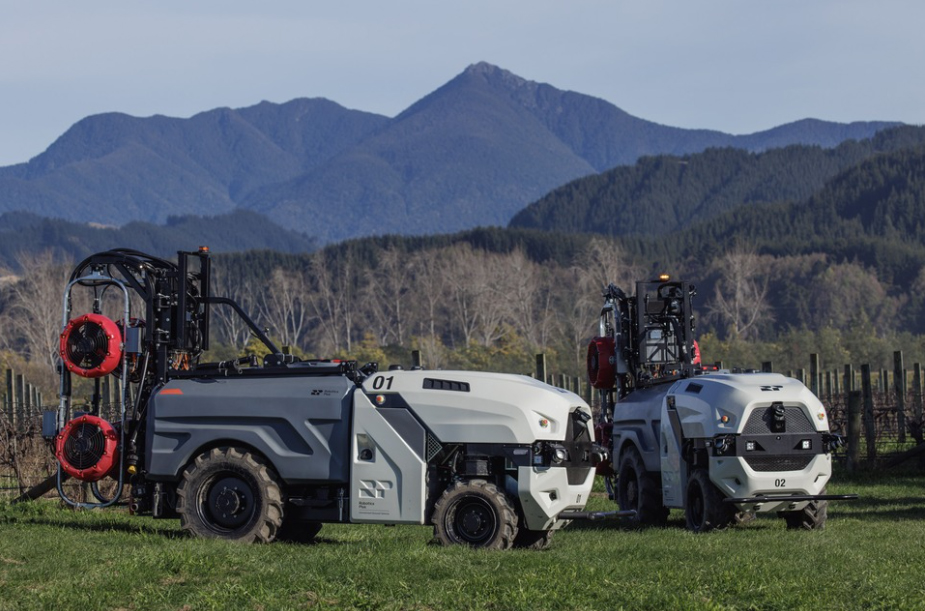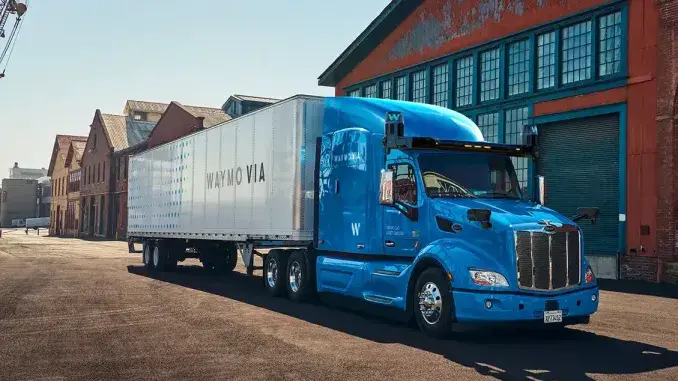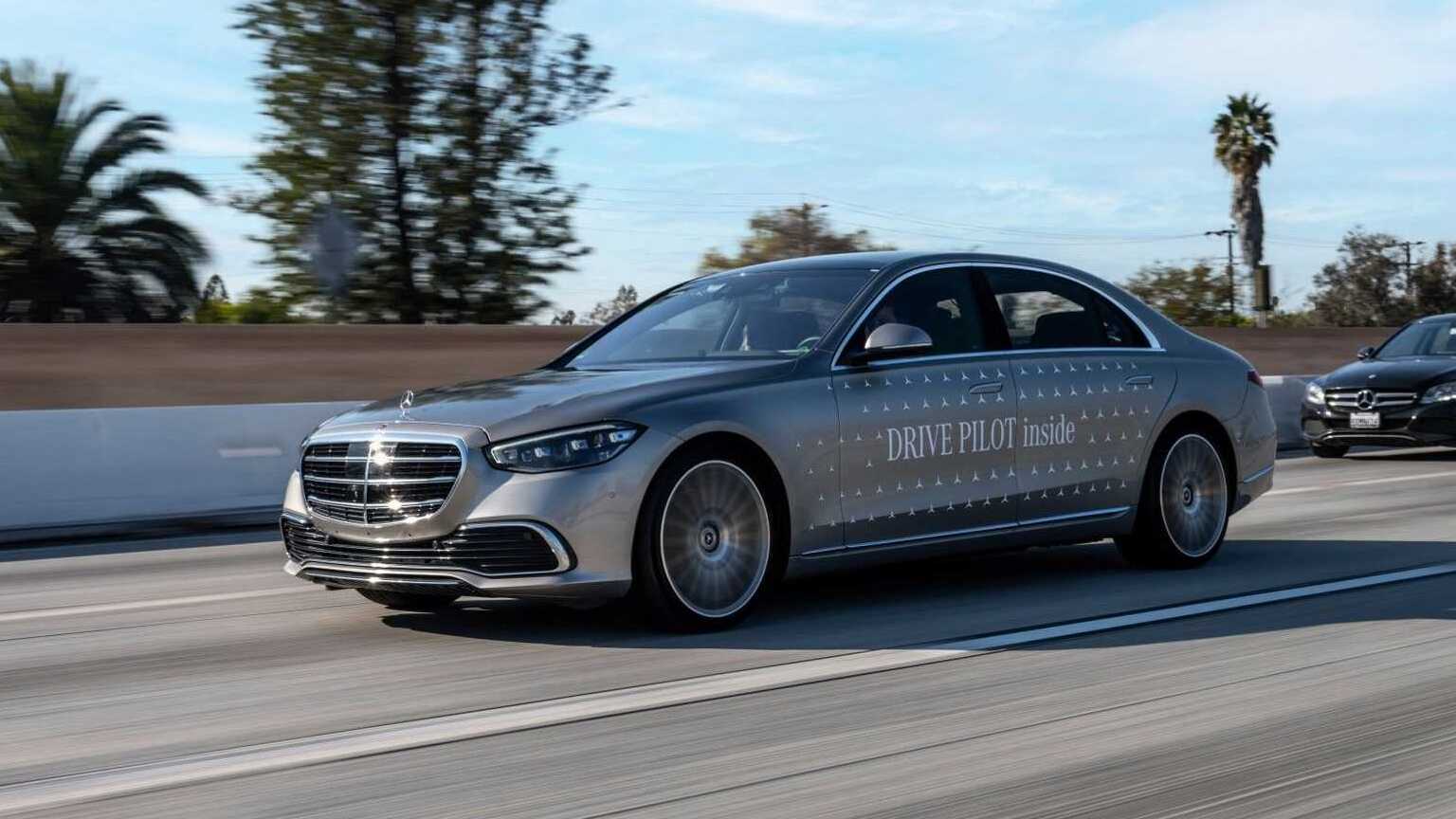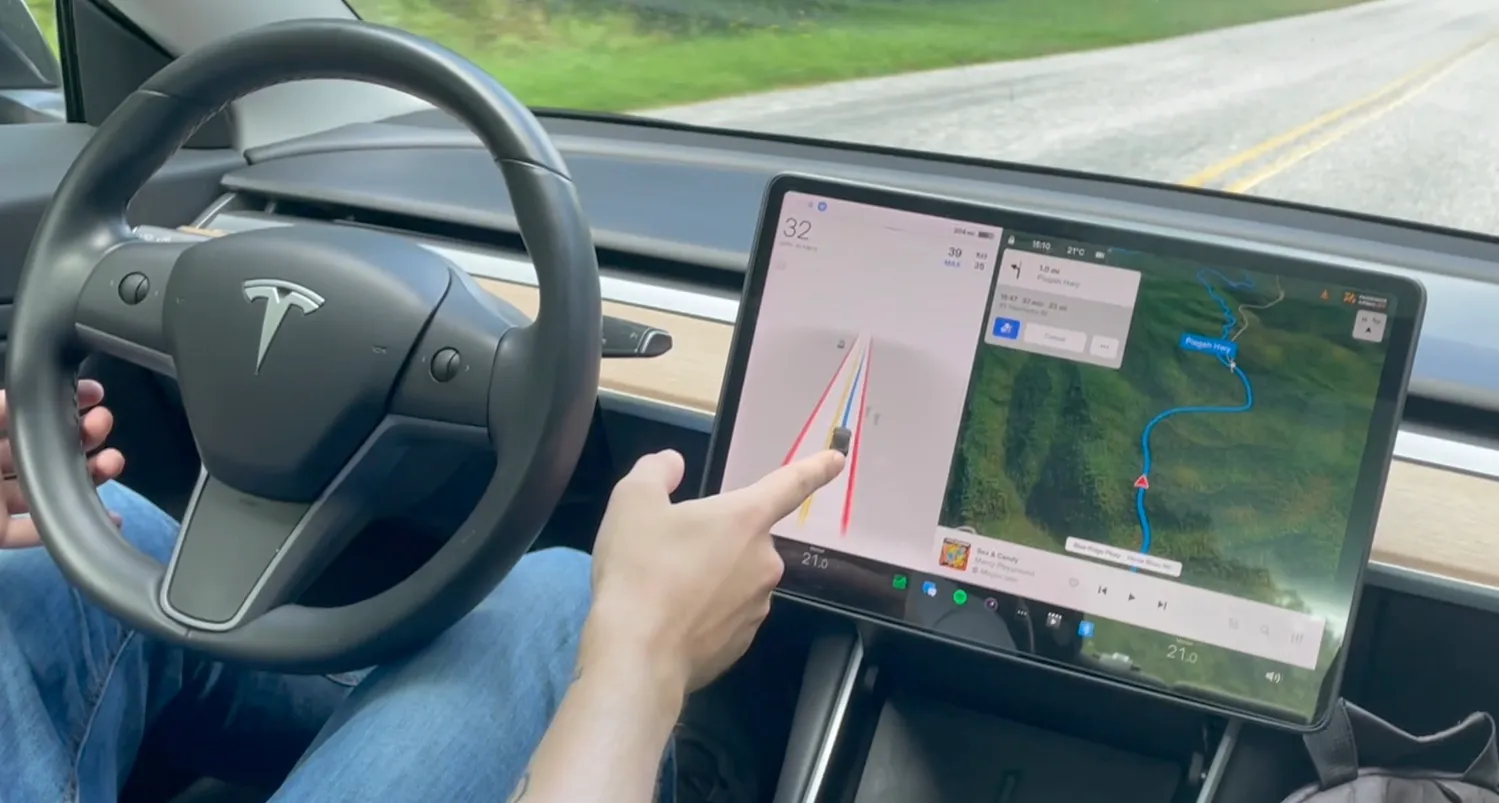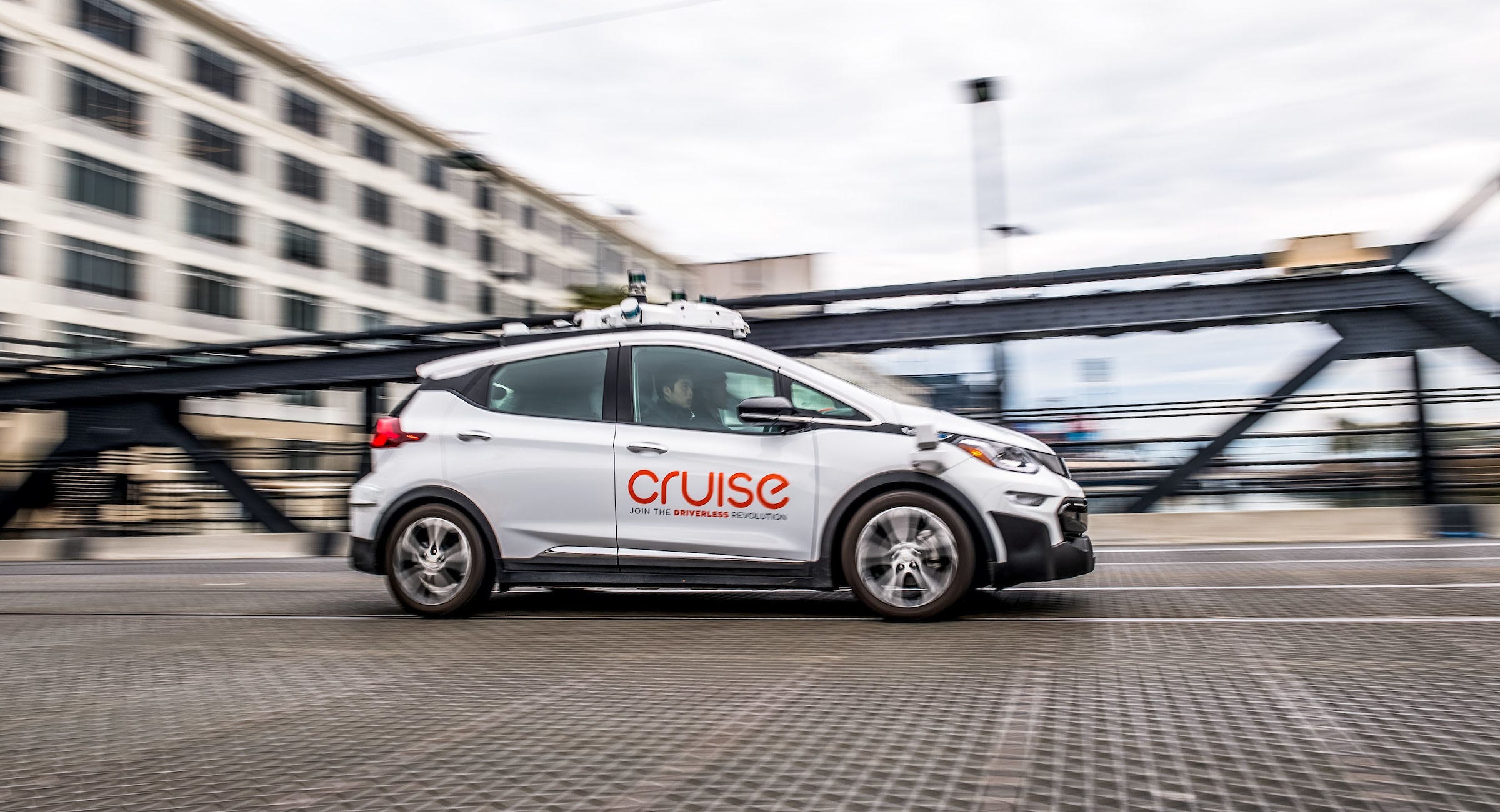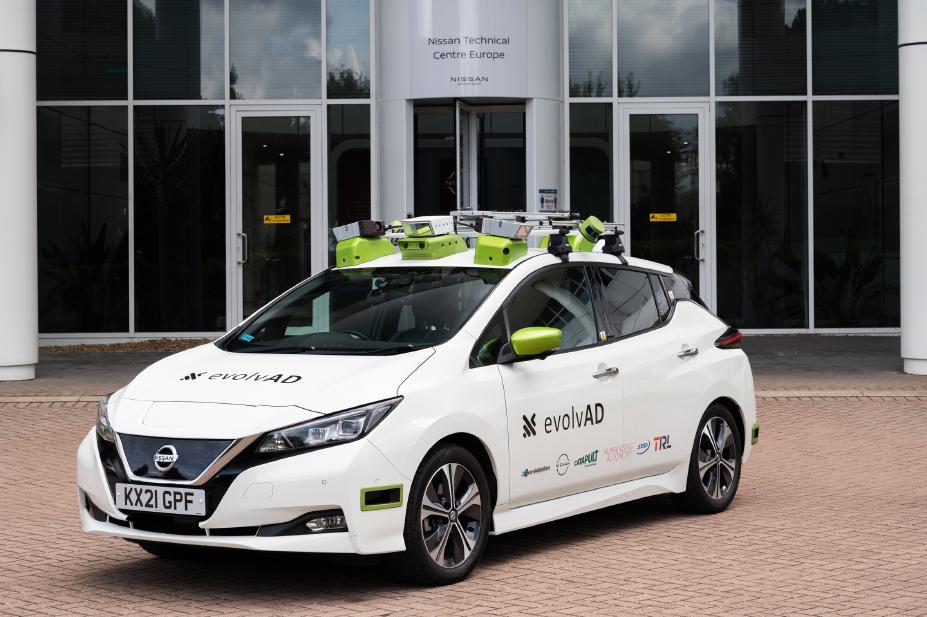Approximately 20 autonomous taxis operated by General Motors’ Cruise business unit triggered a traffic disruption on San Gabriel Street in Austin, Texas over the weekend, sparking criticism from local residents and raising questions about the technology’s readiness for urban environments.
Social media platforms, including X (formerly Twitter), were flooded with images and videos depicting a small fleet of driverless Chevrolet Bolt EVs navigating the street at sluggish speeds, hazard lights flashing. Some of these vehicles appeared to have turned and faced each other, resulting in an unusual slow-motion standoff resembling a peculiar four-wheeled robot confrontation.
In response to the incident, a Cruise spokesperson communicated to The Drive that the erratic behaviour of the robotaxis was influenced by the substantial presence of pedestrians and vehicles on the street. However, visual evidence from the scene appeared to contradict this explanation, as there were few people in close proximity to the vehicles.
See also: Cruise Unveils Wheelchair-Accessible Self-Driving Vehicle as It Awaits Regulatory Approval
personal favorite bit was when a limo got in on the action pic.twitter.com/5o3cZHnrVv
— Nico🛵 (@pradnico) September 18, 2023
“Our cars are designed first and foremost to prioritize safety—and that includes using caution around pedestrians,” asserted the Cruise spokesperson.
See also: Waymo and Cruise Granted Approval to Operate Driverless Cars 24/7 in San Francisco
Notably, all Cruise autonomous vehicles are equipped with remote monitoring capabilities. The spokesperson further clarified that the vehicles involved in the incident eventually rectified their positions and departed the area autonomously. Cruise was alerted to the situation on Austin’s San Gabriel Street on Sunday and promptly dispatched technicians to address the issue.
An eyewitness at the scene captured photographs and videos, revealing that Cruise personnel were attempting to control the Bolt EVs remotely during the incident.
This incident is not the first time General Motors’ robotaxi venture has drawn negative attention in cities where it operates. San Francisco has previously witnessed several mishaps, including an incident involving a collision with a fire truck, which led to the company reducing its fleet by 50 percent. Other incidents include vehicles becoming trapped in wet concrete, colliding with turning semi-trucks, becoming entangled in caution tape, and rear-ending municipal buses.
See also: Autonomous Chevrolet Bolt EV from Cruise and Semi-Truck Clash in San Francisco
Ironically, Cruise had placed a full-page advertisement in the New York Times in July, boldly proclaiming, “Humans are terrible drivers,” and citing the high number of fatalities resulting from car crashes in the United States. This assertion drew criticism from a former head of the National Highway Traffic Safety Administration, who deemed it unethical to exploit the pain and suffering of individuals for business promotion.

